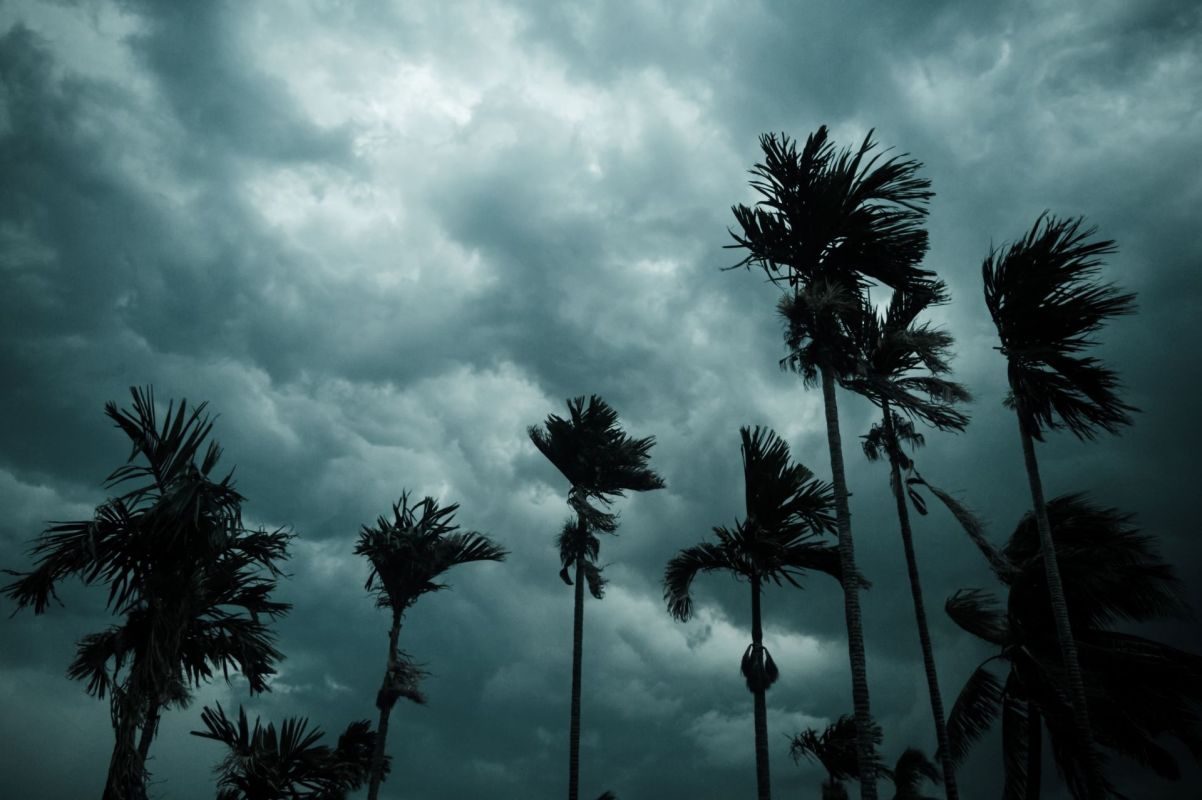It's time to batten down the hatches — this hurricane season is looking to be pretty intense.
Grist recently reported that researchers at the University of Arizona are expecting a highly active hurricane season this year. They're comparing it to 2017, when Harvey, Irma, and Maria made landfall, three of the most devastating hurricanes in our country's history.
Xubin Zeng, one of the researchers at the University of Arizona who leads the forecasts each year, said that "with global warming there will be more water vapor over oceans, and water vapor is a fuel for hurricanes …That means on average we expect to see more hurricane activity, not necessarily in terms of the [total] number but in terms of the major hurricanes."
What's happening?
Climate change is worsening, and it's leading to an increase in the severity of extreme weather events, including hurricanes.
Nine hurricanes are forecasted this year from June to November, and while fewer are expected to make landfall than in 2017, five of the nine are expected to be "major."
A major storm is classified as Category 3 or above. These storms can cause damage ranging from devastating to catastrophic, and Category 4 and 5 hurricanes are becoming more frequent as our planet heats up.
Hurricanes, like any extreme weather event, need certain conditions to form, and as our oceans heat up and sea levels rise, the conditions become more conducive to powerful storms more often.
Why is an increase in severe hurricanes concerning?
Extreme weather events like hurricanes destroy communities and threaten the lives of those in their path. Stronger storms will bring even more devastation, could lead to injuries or deaths, and can cost billions of dollars.
Severe storms cause power outages, disrupt the water supply, and impact the ability of the injured to receive care. These effects especially impact marginalized populations and communities with limited resources.
What can we do to help prevent extreme weather occurrences?
Both communities and individuals can work to reduce the impacts of climate change by limiting toxic, heat-trapping gases; possible actions include integrating clean energy like solar or wind at home, replacing old appliances with new energy-efficient models, and limiting our burning of methane gas by taking public transportation, riding a bike, or upgrading to an electric vehicle.
If these options aren't possible, start small. Move away from single-use plastics and support businesses that promote sustainable practices.
Join our free newsletter for cool news and cool tips that make it easy to help yourself while helping the planet.









